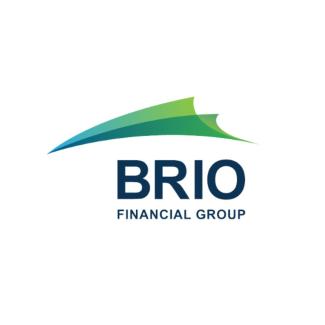
Charitable Contribution Limits
by Brandon Miller on Feb 6, 2019
Among the big changes in the 2017 Tax Cuts and Jobs Act (TCJA) were new limits on standard and itemized deductions. These limits and restrictions created new hurdles when planning deductions with tax advantages in mind. An exception was charitable deduction, which remained an option for high-income individuals looking to create a donation for the charity of their choice.
Donor-Advised Funds and Private Foundations. When making a charitable donation, two avenues to consider are donor-advised funds (DAFs) and private foundations (PFs). DAFs are established by public charities as a philanthropic vehicle; the donor can allow the donation to grow over time and advise on grants from the fund (assuming compliance approval), all while having an immediate tax benefit for that initial contribution. Private foundations offer total control in terms of the grants you’ve made and their distribution.1,2
In contrast, a private foundation tends to be larger in size (sometimes in the millions of dollars) in comparison to DAFs (which can be set up with as little as $5,000) and generally represent a larger and less-flexible method of charitable giving.3
How much can you give? There are different tax considerations to keep in mind. Your limit in contributing to a private foundation is 30% of your adjusted gross income (AGI) in the year you make that donation. On the other hand, the same limit for a DAF is up to 60% of your AGI.1
What about long-term appreciated marketable securities? Your limit to a private foundation is 20% of AGI for the year of the donation. For a DAF, it’s 30% of AGI.1
Advantages to consider. There are advantages to both private foundations and donor-advised funds, both in terms of tax deductions and the control that you may exercise over how the funds are dispersed.1,4
However, you should also be aware that the I.R.S. is on the lookout for those who may use the flexibility of donor-advised funds to create improper distributions, which may, for instance, directly benefit a donor’s family. For this reason, among others, it’s best to have several conversations with a trusted tax and financial professional, who can both assist you in the creation of any such entity as well as help you manage your charitable giving.1,4
This material was prepared by MarketingPro, Inc., and does not necessarily represent the views of the presenting party, nor their affiliates. This information has been derived from sources believed to be accurate. Please note - investing involves risk, and past performance is no guarantee of future results. The publisher is not engaged in rendering legal, accounting or other professional services. If assistance is needed, the reader is advised to engage the services of a competent professional. This information should not be construed as investment, tax or legal advice and may not be relied on for avoiding any Federal tax penalty. This is neither a solicitation nor recommendation to purchase or sell any investment or insurance product or service, and should not be relied upon as such. All indices are unmanaged and are not illustrative of any particular investment.
The opinions expressed in this article are for general informational purposes only and are not intended to provide specific advice or recommendations for any individual or on any specific security. It is only intended to provide education about the financial industry. To determine which investments may be appropriate for you, consult your financial advisor prior to investing. Any past performance discussed during this program is no guarantee of future results. Any indices referenced for comparison are unmanaged and cannot be invested into directly. As always please remember investing involves risk and possible loss of principal capital; please seek advice from a licensed professional.
Brio Financial Group is a registered investment adviser. Advisory services are only offered to clients or prospective clients where Brio Financial Group and its representatives are properly licensed or exempt from licensure. No advice may be rendered by Brio Financial Group unless a client service agreement is in place.
1 - cnbc.com/2018/10/02/use-this-charitable-contribution-to-receive-immediate-tax-benefits.html [10/2/18]
2 - forbes.com/sites/catherineschnaubelt/2018/09/27/the-advantages-of-donor-advised-funds-as-a-charitable-giving-strategy/ [9/7/18]
3 - cafamerica.org/11-facts-about-donor-advised-funds-and-private-foundations/ [1/28/19]
4 - irs.gov/charities-non-profits/charitable-organizations/donor-advised-funds [4/2/18]
